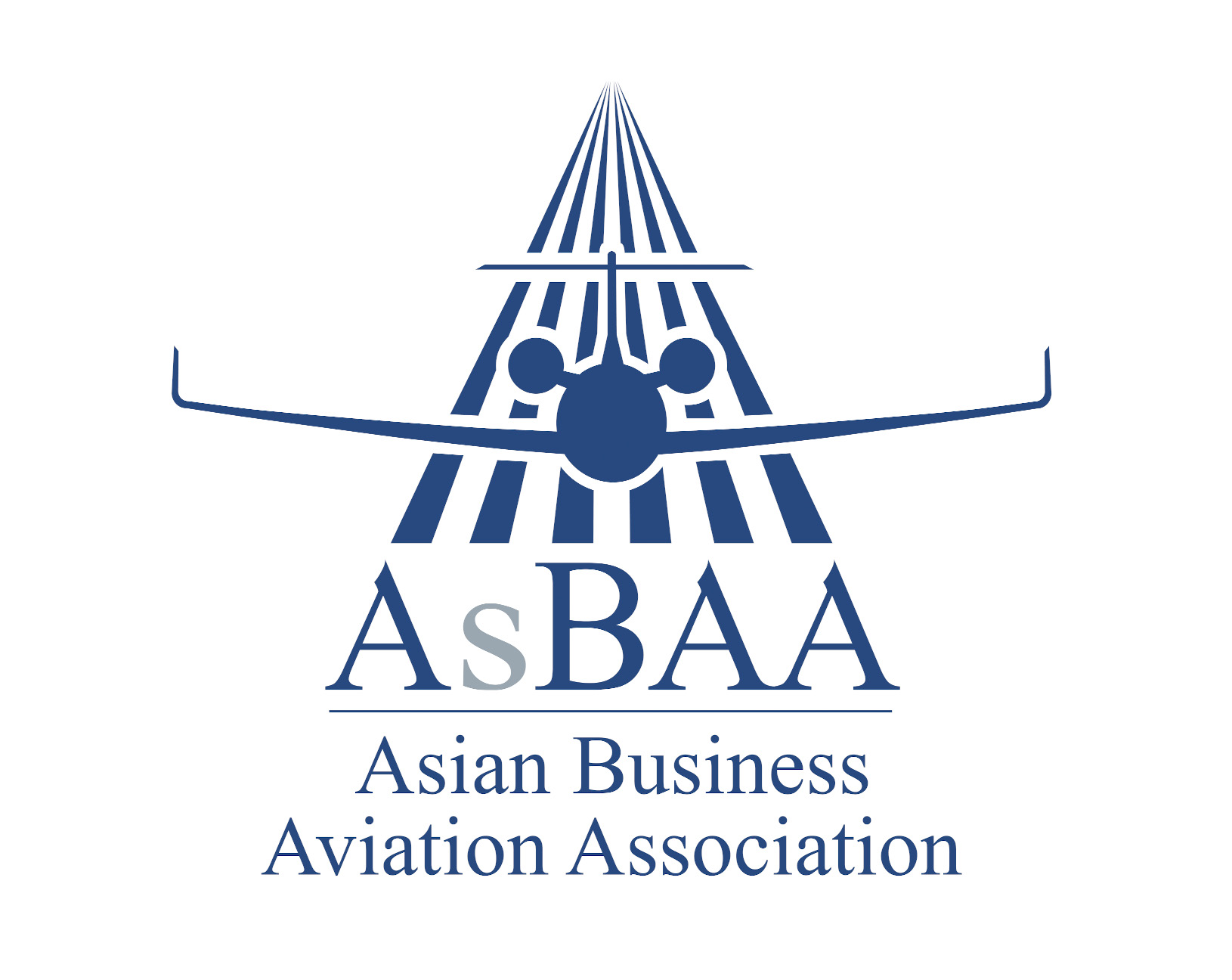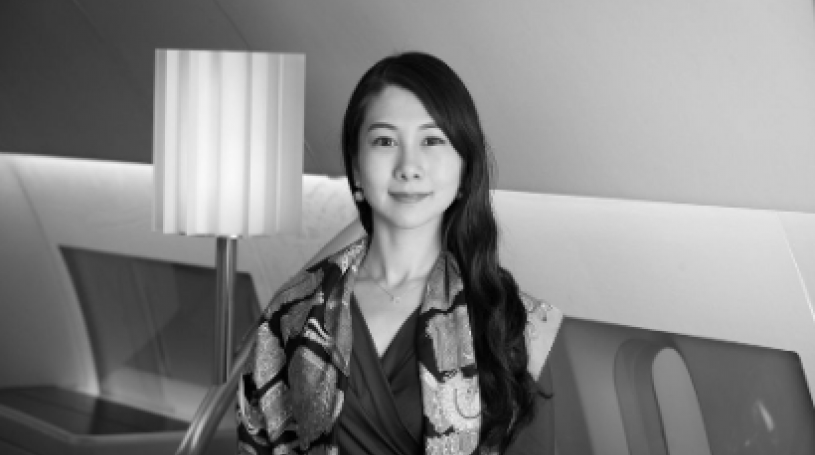AsBAA Interview with Fatin Li, Airbus Corporate Jets (ACJ) Sales Director, China
Based in Beijing, Fatin Li is a private pilot, as well as the sales director for Airbus Corporate Jets (ACJ) in China. She is passionate about the comfort, space, and freedom that Airbus’ modern corporate jet family brings to her customers. Below, Fatin shares her insights about a career in corporate aviation, and the importance of female equality within the industry.
- Tell us about the role women play at ACJ
I believe that each of us has a role to play in making ACJ a business with a better gender balance and a culture that is truly inclusive; a culture in which every employee feels at home and feels that they have an opportunity to progress and make a difference.
Diversity matters: it’s a question of fairness, decency and respect. Diversity also helps to make ACJ a stronger performing business which delivers value to all our stakeholders – and a force for good in the world wherever we operate.
- What programmes exist to ensure gender parity in more male dominated positions including pilots and engineers?
Promoting gender parity is a top priority in our recruitment efforts at ACJ and across Airbus. We are also committed to facilitating the progression of women to all positions, including leadership positions, through our Balance for Business group.
Balance for Business was created in 2014 as a network to support equal opportunities and employee initiatives – today this network includes women’s groups, LGBTQ, cultural diversity and more. For the 10,000 plus members across Airbus, the aim of this network is simple: to harness the power of our unique stories and people in order to drive inclusion.
In 2018, the programmes run by Balance for Business, Inclusion & Diversity team, and Airbus foundation reached over 1,000 girls in our markets around the world, providing the inspiration that will help to close the aerospace gender gap in future generations.
- What percentage of the workforce is female? Are there goals to further balance this statistic?
Overall, about 18 per cent of Airbus employees are women and 19, 7 per cent within the ACJ team.
Airbus has specific goals to increase the diversity of its workforce. For instance, one of the goals is that 33 percent of engineering recruits – typically those from science, technology, engineering and mathematics backgrounds – are women.
Regarding Asia, gender has really progressed, in 2018, 45% of engineers in Asia were women and we have in Airbus the same level of percentages.
In addition, we have launched initiatives, such as Elles du Futur, in which students are encouraged to visit our facilities and talk to women who work here. We make sure that we play our part in making women who work in aviation visible to potential new recruits and others in the industry; participating in career fairs and conferences, and sponsoring associations such as the International Aviation Women’s Association (IAWA), and of course the work that ASBAA is doing.
- Why is gender parity important to ACJ?
All of us in aviation are fortunate to work in a great industry with exciting future prospects. We need to attract, involve and retain the best people to fuel this future. Talent can come from anywhere and comes in many different guises.
I believe that bringing people together from all social and cultural backgrounds, and creating a working environment that is inclusive of everybody, helps us to be more creative and do a better job for our customers – reflecting the diversity of the world we live in and the customers we serve.

